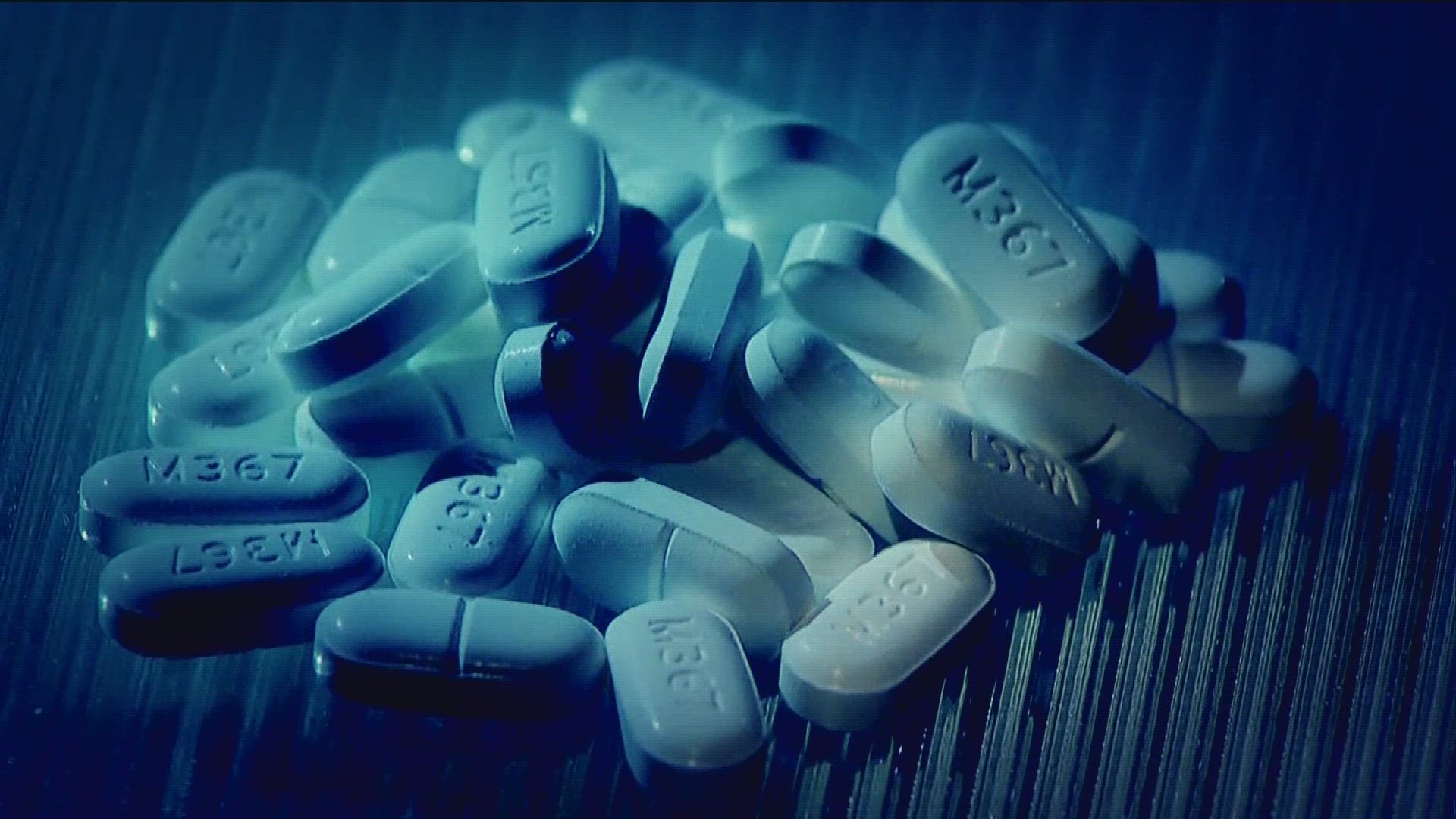MINNESOTA, USA — A new report released this fall by the Minnesota Department of Health shows that more than 1,300 people died of drug overdoses in 2022, nearly matching the total from the previous year as the opioid epidemic continues to rage across the country.
The MDH report showed a slight decrease in deaths, from 1,356 to 1,343, although the 2022 preliminary data could change once the numbers are finalized. These totals have more than doubled since 2018, which points to the strain that COVID-19 placed on the opioid response system.
"Some are arguing that we're absolutely in a fourth wave of this crisis," said Alicia House, the executive director of the Steve Rummler Hope Network. "There was unfortunately just a lot of people who were maybe looking for recovery, or early on in their recovery, who had lost community and lost that touch that they desperately needed."
However, House said that it's also important to pay attention to emergency room data. Minnesota has topped 4,000 opioid overdose-related ER visits each of the past three years, although House said that may be a sign that more people are receiving care.
"There's thousands of them and they continue to increase," House said, "which tells me there are a lot of potential fatalities that, fortunately, aren't being added to the overall overdose death count."
Some of that may be due to expanded access to Naloxone (also known by the brand name Narcan), which is a medication that can reverse the effects of an overdose. This year, the state legislature passed a new law mandating that all law enforcement officers carry Naloxone and that all school buildings have the medication available.
Many governments and schools have already moved to expand that access, long before this requirement went into effect. Minneapolis Police announced a similar initiative as far back as 2018, and school districts like Bloomington have had Naloxone available for several years.
However, House said she hopes the new law serves to destigmatize the use of Naloxone as a life-saving medication for overdoses.
"We still have a long way to go, but I absolutely do (think the stigma is being addressed). If you think about how far we've come already," House said, "a decade ago, Naloxone wasn't even legal for me to have on me."
Despite the rise in overdose deaths over the past decade, House continues to work around the clock to solve the crisis. Her organization, the Steve Rummler Hope Network, is named for a Minnesota man who died of an overdose in 2011.
"I am very surrounded by people who have been affected by this crisis," House said. "Keeping those families in mind, and those lost loved ones, is really keep to continuing to push the work. We're doing it in hopes that another family doesn't have to suffer the same loss that they did."
Watch more local news:
Watch the latest local news from the Twin Cities and across Minnesota in our YouTube playlist:

